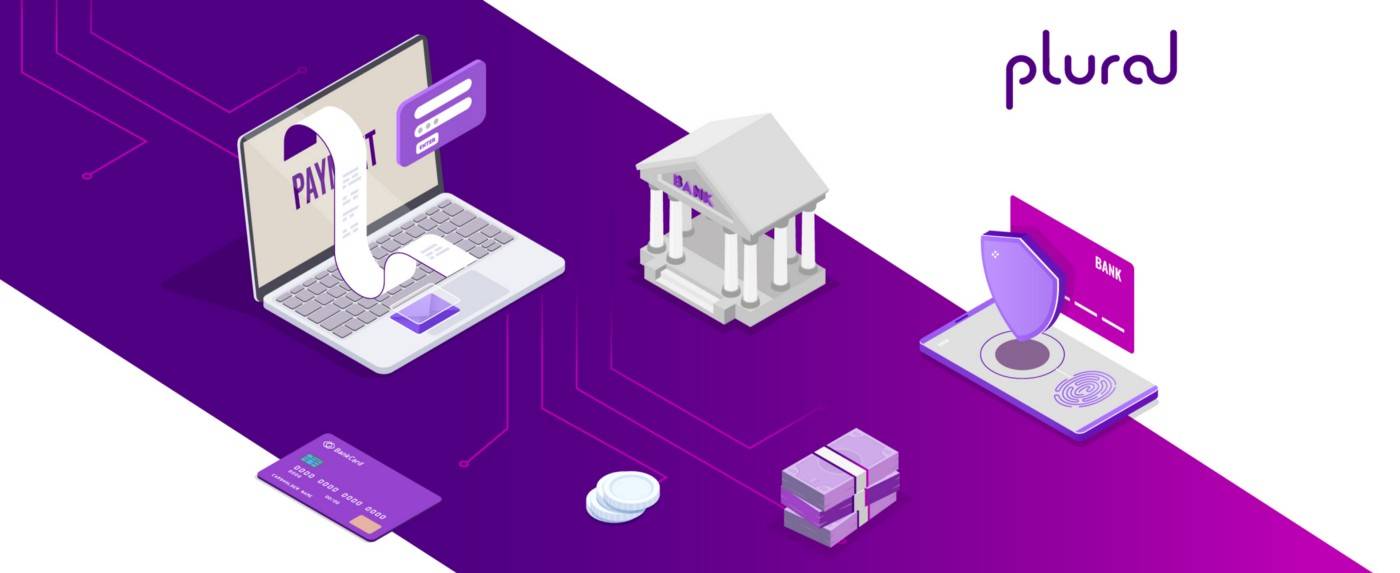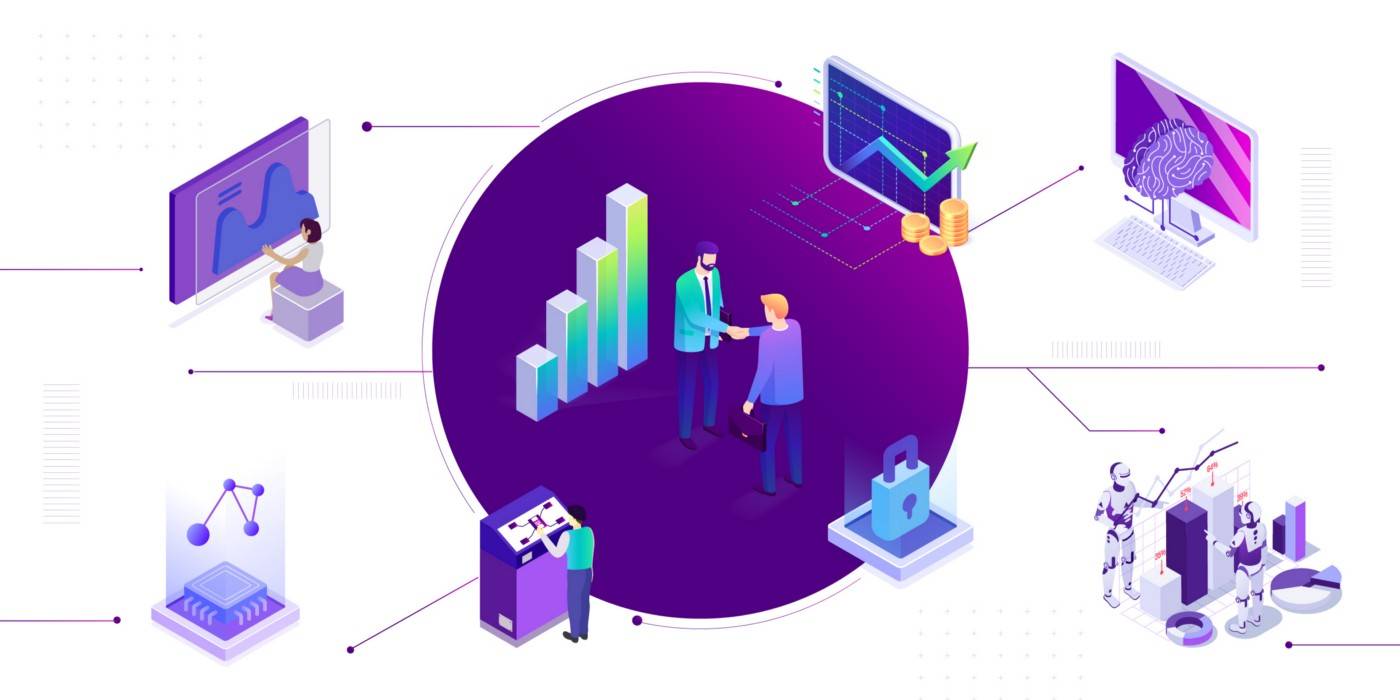October 1, 2021, was a challenging day for digital subscription businesses. It was the day the Reserve Bank of India (RBI) announced a new regulation for recurring payments. The regulation was introduced to give customers more control over their payments.
However, it negatively impacted digital subscription businesses, especially small and medium-sized businesses. The new regulation halted subscriptions from being renewed overnight.
This is because a subscription is a recurring payment made at pre-determined intervals. Subscription businesses lost their primary source of revenues, which in turn impacted their revenues, cash flows and revenues.
In this blog, we delve into what RBI’s regulations for recurring payments entail and technology solutions that subscription businesses can leverage to strengthen market share.
Overview of subscription businesses in India
According to a report by MICA, digital subscriptions grew by 49% in India across 53 OTT platforms such as video, music, gaming, and news. However, subscription businesses in India span across many more categories, especially where there are repeat consumers.
For instance, businesses in the Direct To Consumer (D2C) space leverage it in various categories. These include food and beverages, furniture rentals, lifestyle, marketplaces, learning and recreation, fashion, and automobiles.
From 2017 to 2018, the size of the subscription business market in India was pegged at INR 1,200 crore. It is predicted to grow to $ 478.2 billion by 2025 as consumers become loyal to brands and aim for a steady, sustainable quality of products and services.
Snapshot of recurring mandate regulations
Here’s a look at the RBI regulations with respect to recurring payments:
- Consumers using debit or credit cards will need a one-time registration, or the subscription will be disallowed.
- When a business wants a customer to renew a subscription of ticket size below ₹5,000, the bank needs to notify the customer about the auto-debit at least 24 hours before the renewal date.
- The notification offers the consumer the option to cancel the subscription.
- There is an additional authentication step for transactions of a ticket size higher than INR ₹5,000. Consumers will need to enter a one-time password (OTP) to authorize each and every renewal transaction.
Impact on subscription businesses
If a customer has to keep authorizing the payments every time they subscribe, it creates friction towards making payments. They may also be confused about the process.
Thus they may shift from the subscription business to one with an alternative model. This is what happened when the new regulation was rolled out. Small businesses were hit the hardest. The result was the loss of a loyal customer base and consistent revenues due to a lack of automatic subscription renewal.
Here is a use case:
A subscription service managing packaging artwork in Mumbai had 35 subscription accounts until September 30, 2021. Typically, these subscriptions get renewed automatically. However, when the RBI regulation was rolled out, the subscriptions could no longer be automatically renewed.
Hence, the business was forced to change its revenue model. Only 50% of their customers pay periodically due to the additional steps involved. This is down from 95% before the RBI regulation was rolled out. More follow-ups are required to get customers to renew subscriptions.
How autopay solves the issue
The Unified Payments Interface, or UPI framework, which was launched in 2016 by the National Payment Corporation of India (NPCI), has grown in popularity since then. The prospect of making instant, secure, transparent payments nudged consumers and businesses to adopt UPI.
Between January 2017 to January 2023, the volume of UPI transactions increased from 0.45 crore and 804 crore, respectively. The value of UPI transactions increased from ₹1,700 crore to ₹12.98 lakh crore during this time frame.
Launch of UPI autopay
In July 2020, NPCI launched UPI Automatic Payment, or UPI autopay, to help automate recurring payments from one’s bank account using the UPI network. Businesses can capitalize on this opportunity by enabling their consumers to automate subscriptions.
Strengthening the payment gateway
Businesses can ensure that their payment gateway offers the UPI autopay option, thus nudging customers to leverage this hassle-free mode to make payments. The process is extremely simple. All the customer has to do is select a subscription plan and approve a transaction using a UPI PIN, which is a one-time activity.
Once they add the payment frequency and other details, the UPI autopay mandate is ready for execution. They still have the power to pause future payments. However, there is no other action required to continue the subscription.
Benefits of UPI AutoPay
Here are the key benefits for customers and businesses:
- UPI auto-pay offers convenience to the customer by automating subscription payments. There’s no additional physical documentation or authorization needed.
- UPI autopay allows customers to authorize recurring transactions of up to ₹15,000 in advance and ₹1,00,000 on the due date. This feature enables transactions of a higher ticket size.
- The customer has the power to stop or pause payments seamlessly and immediately. This offers them control without the inconvenience.
- For subscription businesses, UPI autopay comes as a much-needed solution to help grow their business model and market share. Those that were forced to change their payment model can refocus on building this pipeline.
- Smaller subscription businesses, especially, can benefit through improved cash flows, which enables smooth operations. They can also reduce operational costs because UPI autopay helps automate transactions. There is less requirement for follow-ups and reminders to customers.
Conclusion
A customer’s payment experience is one of the most important in the business workflow. Hence, businesses must optimise this experience by integrating superior payment with multiple payment modes. Subscription businesses, in particular, must ensure that the UPI autopay feature is a part of their payment gateway.
This is a strategic step towards eliminating payment hassles, enhancing cash flows, and growing revenues. Plural Gateway enables businesses to collect recurring payments via the Subscriptions product which has the UPI autopay feature.
With Plural Gateway, businesses can expect a hassle-free integration experience, round-the-clock tech support, and seamless customer experiences.
Here’s what our customer, Harangad Singh Ghai, Product Manager at Home Lane had to say about Plural Gateway:
Plural Gateway has been delivering results for us for the past 6 months in terms of ensuring high transaction success rates and a smooth checkout experience. We are very satisfied with the service from Plural
To learn more about Plural Gateway, write to us at pgsupport@pinelabs.com.

Amrita Konaiagari is a Marketing Manager at Plural by Pine Labs and Editor of the Plural blog. She has over 10 years of marketing experience across Media & Tech industries and holds a Master’s degree in Communication and Journalism. She has a passion for home décor and is most definitely a dog person.



